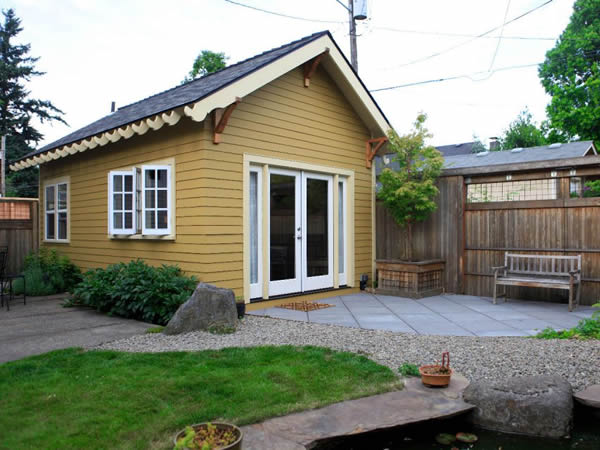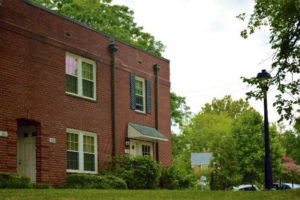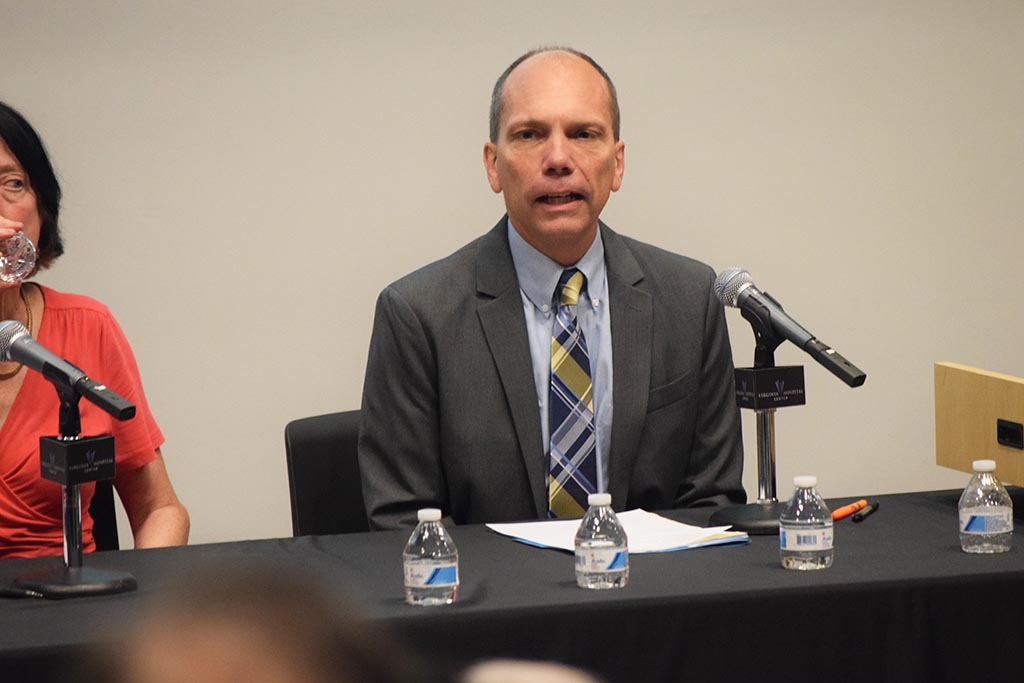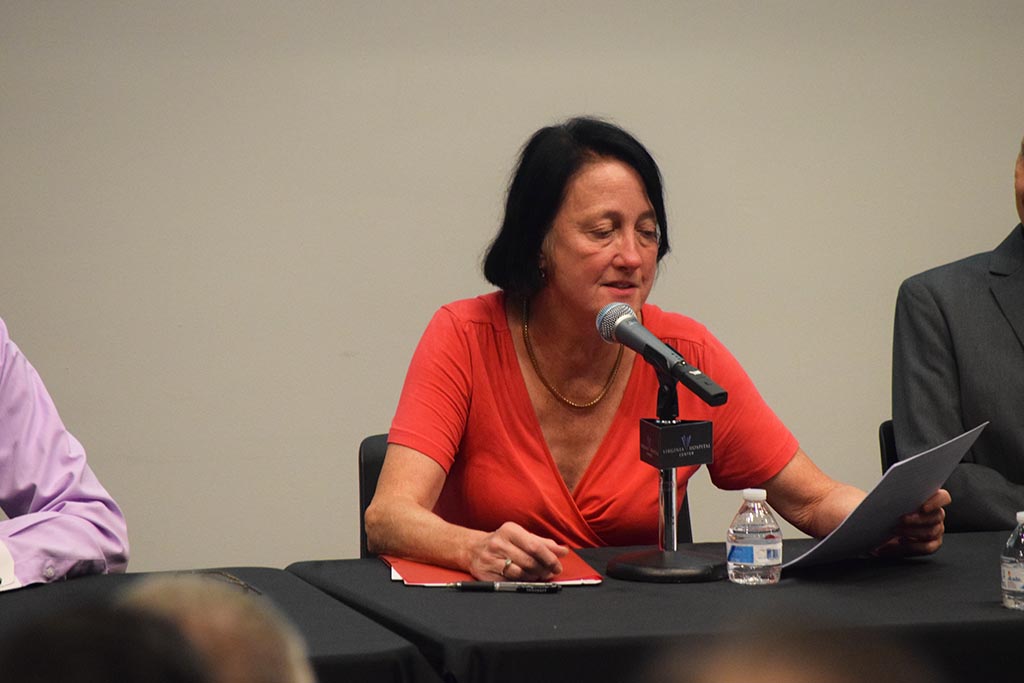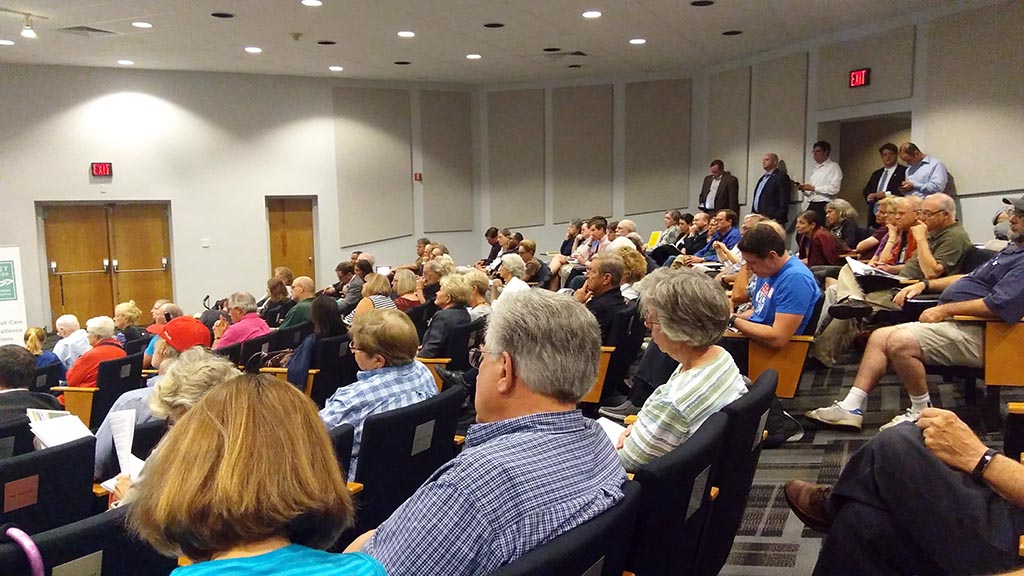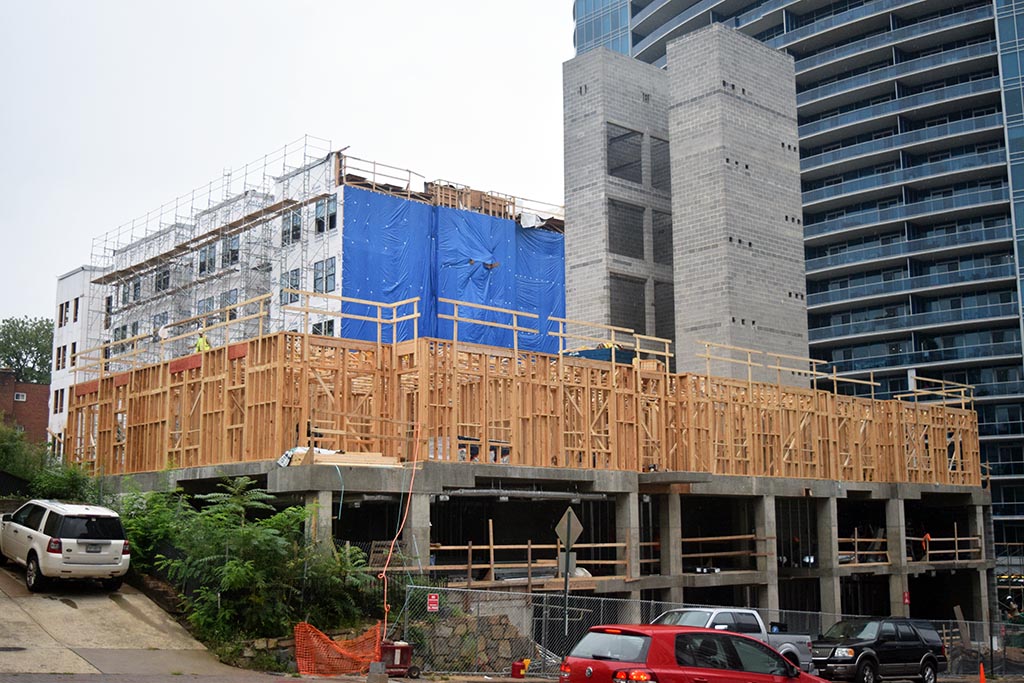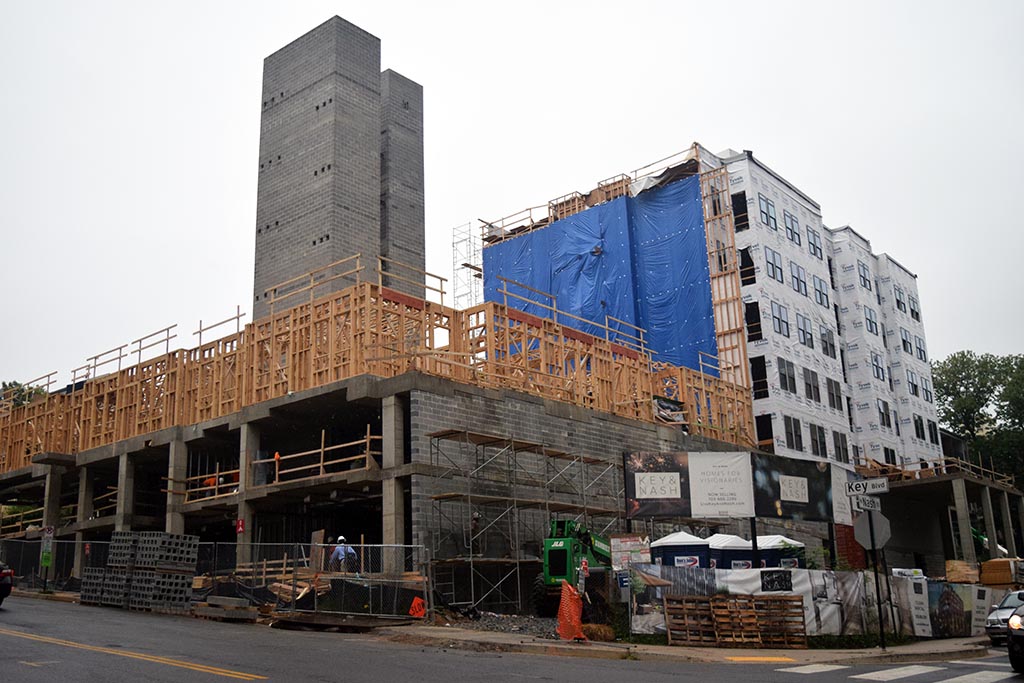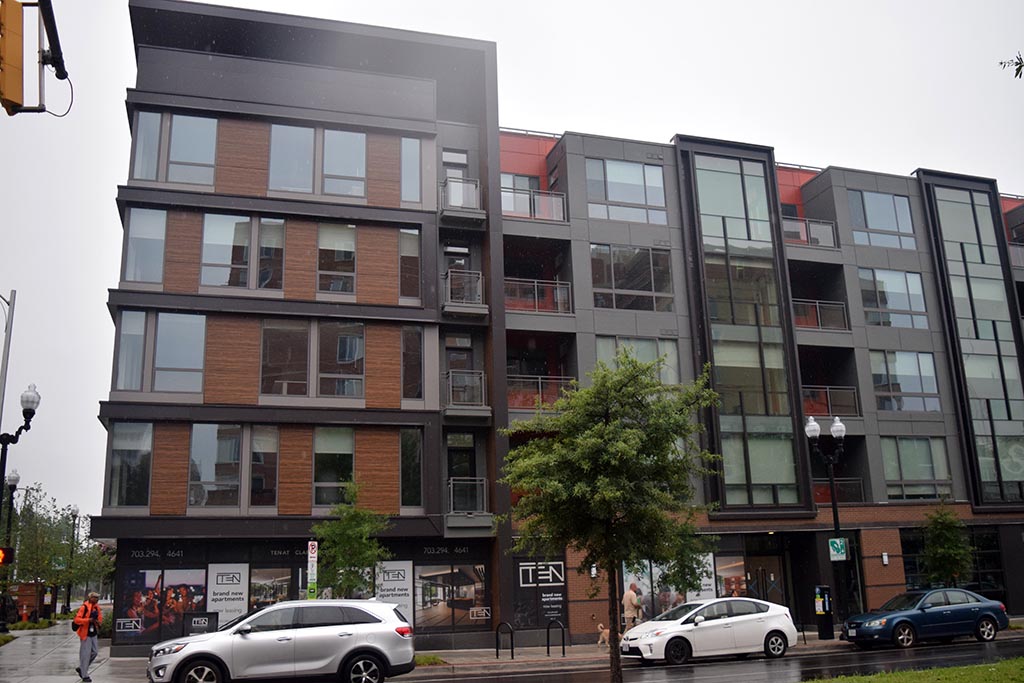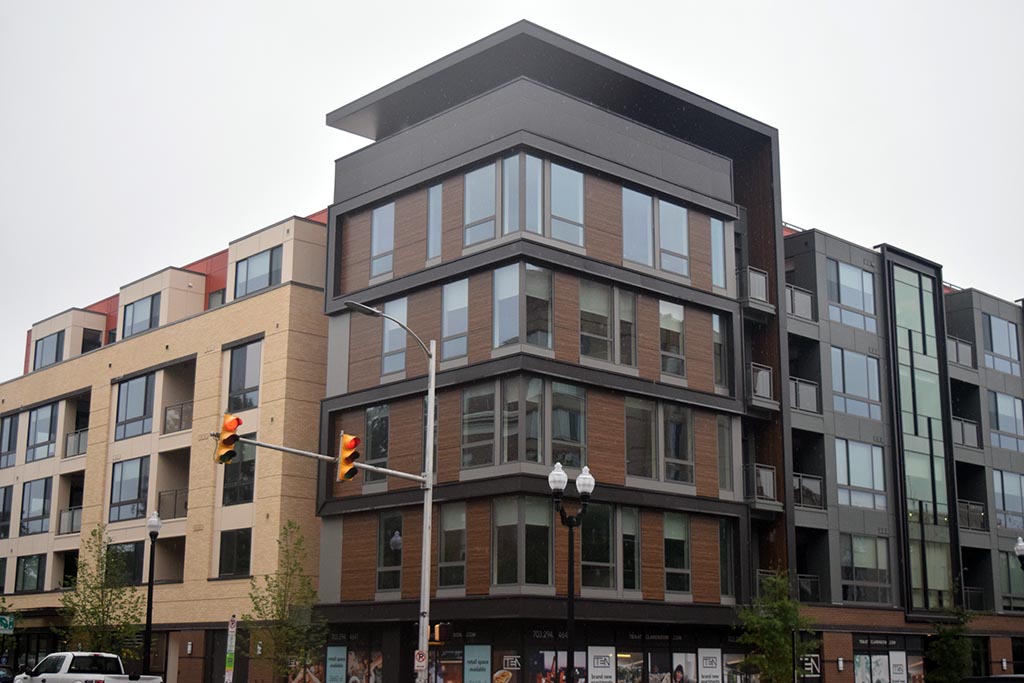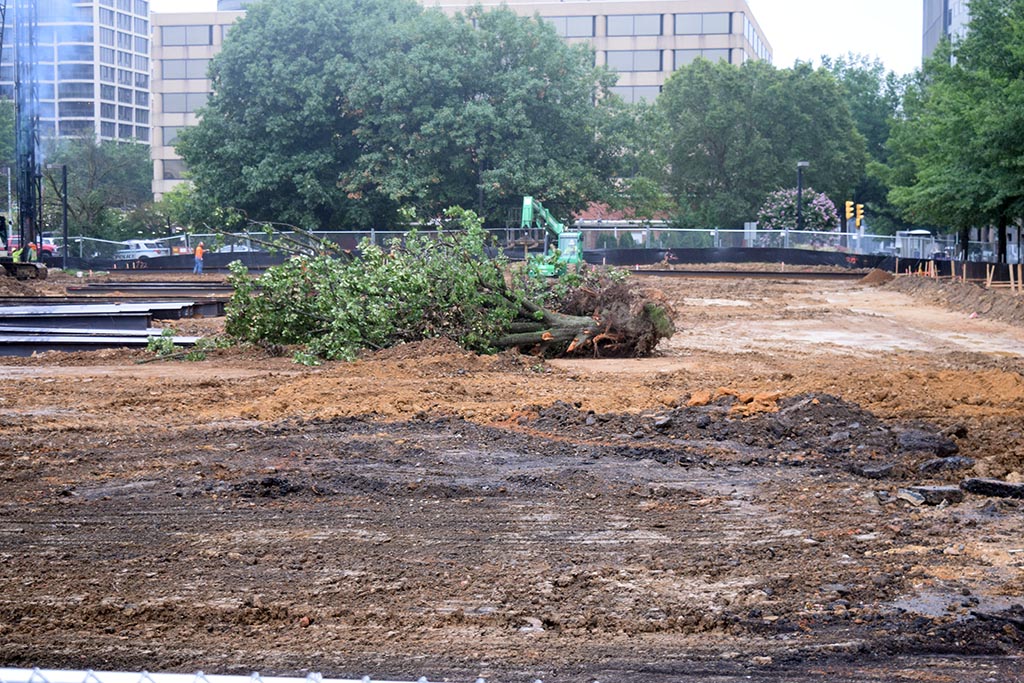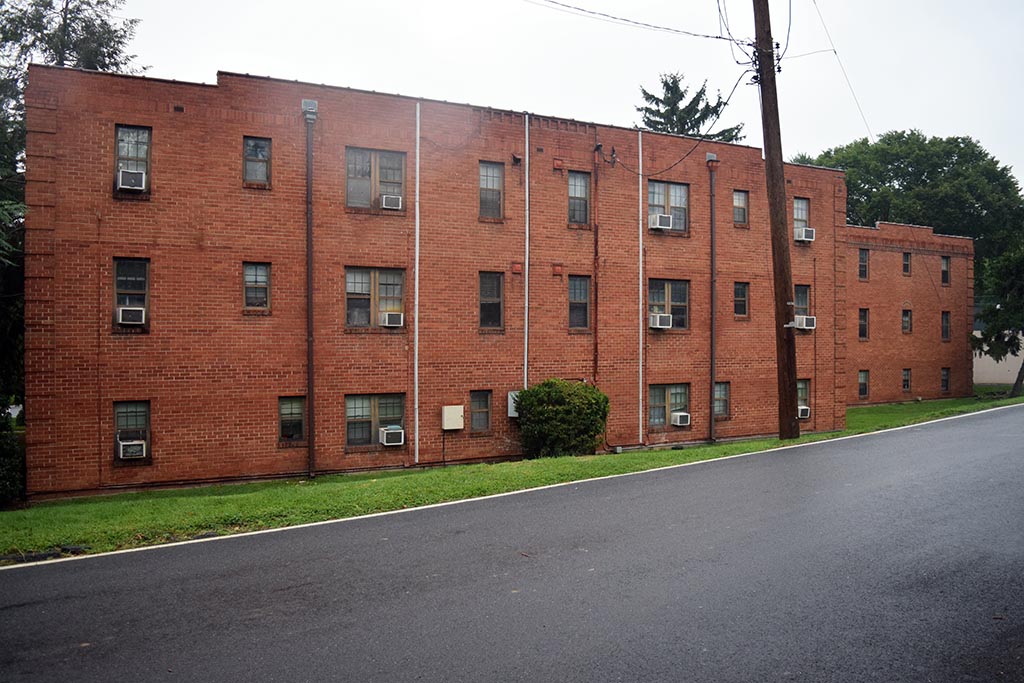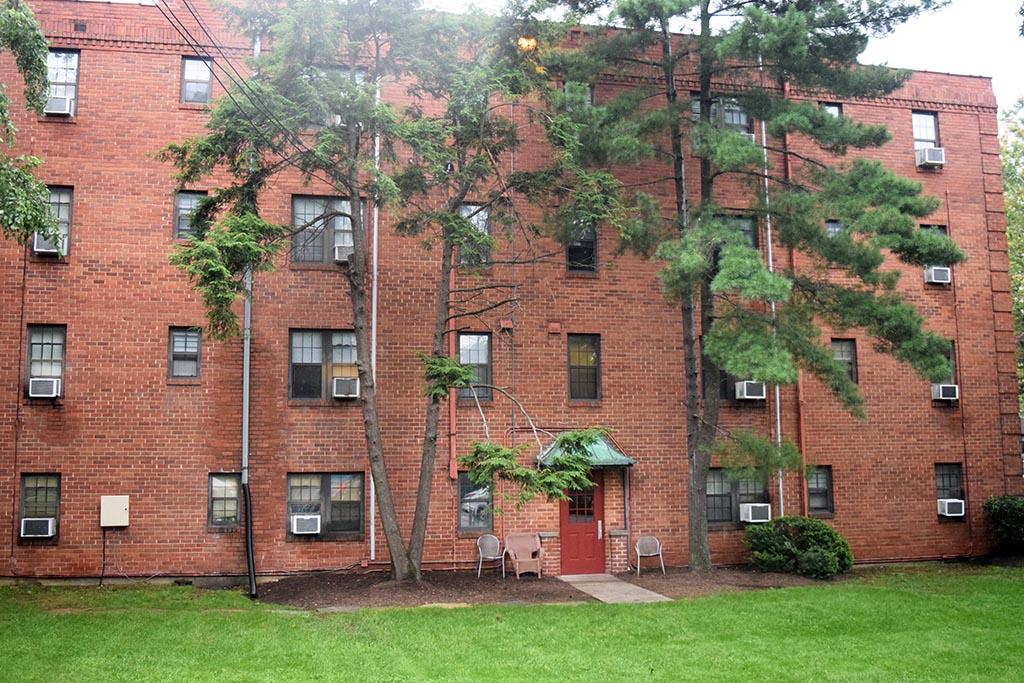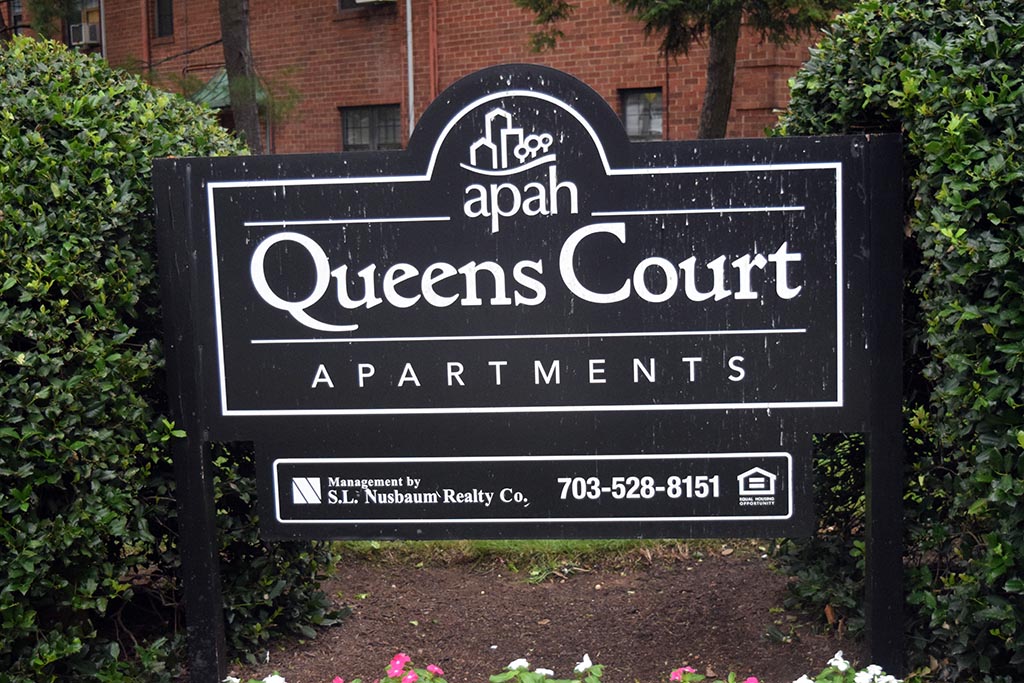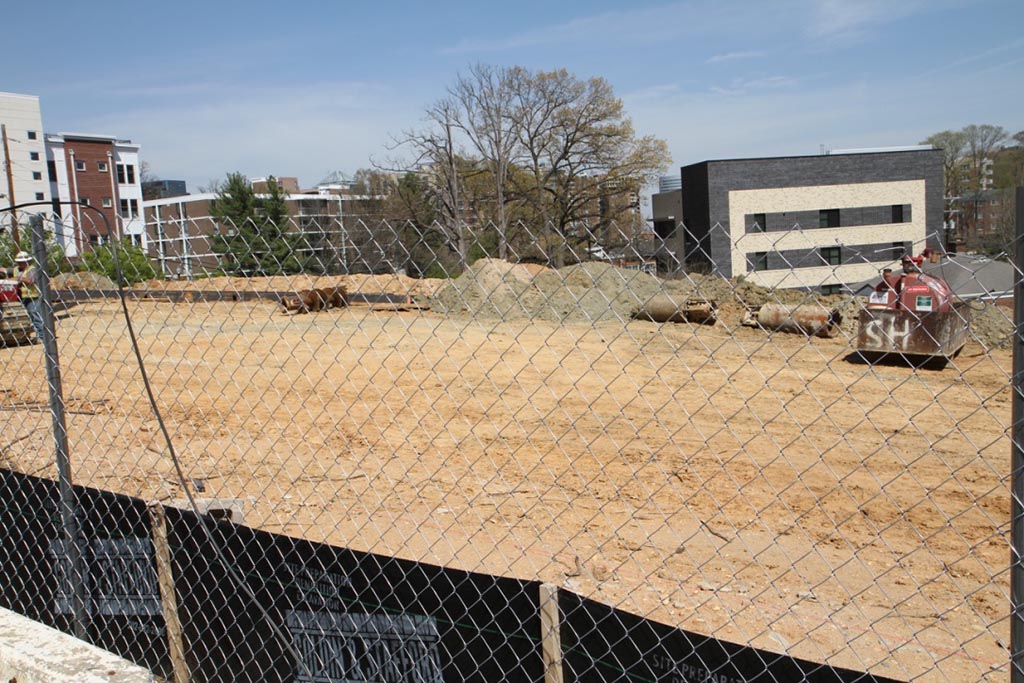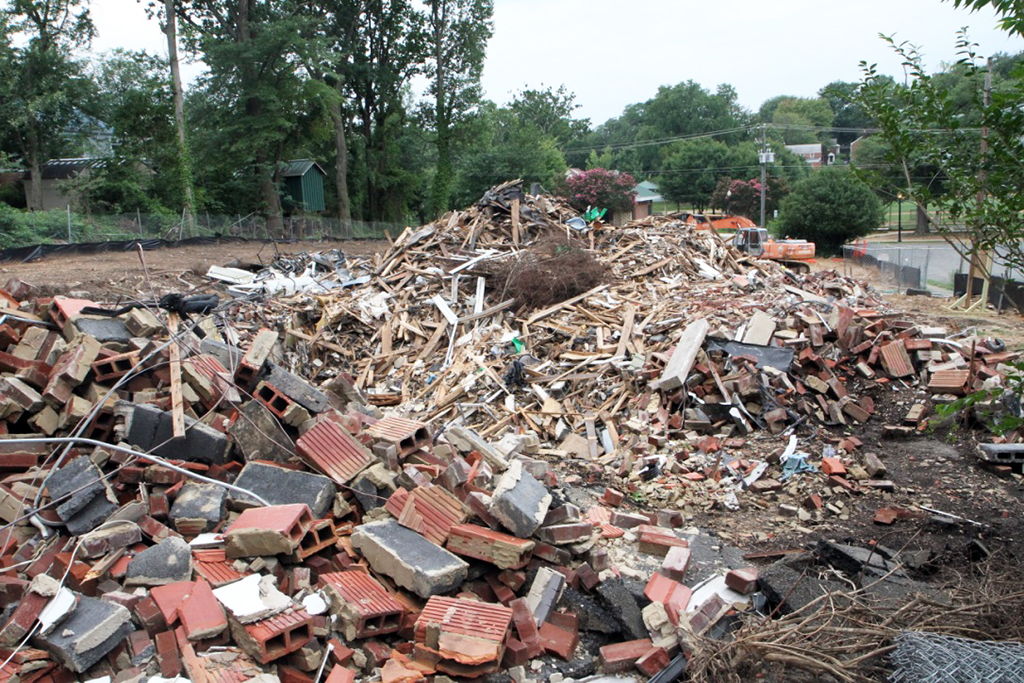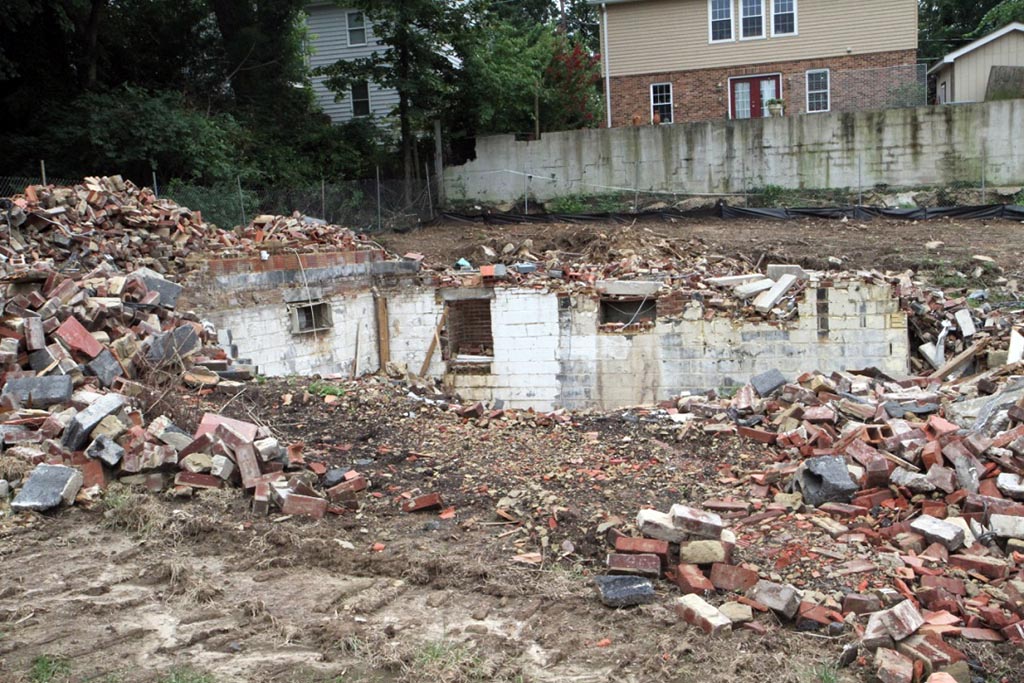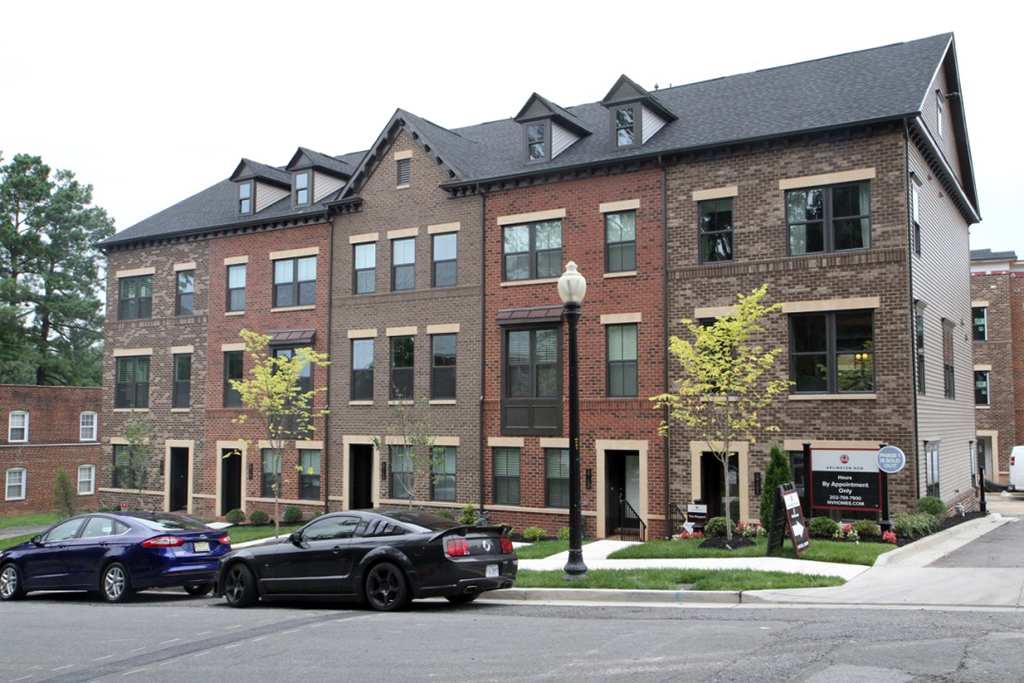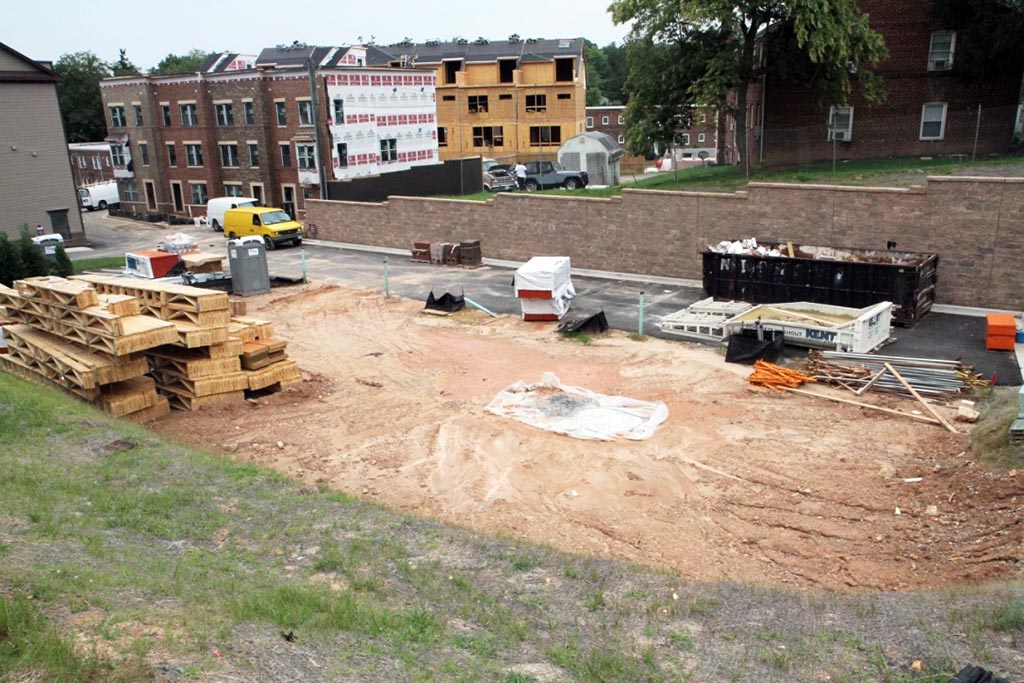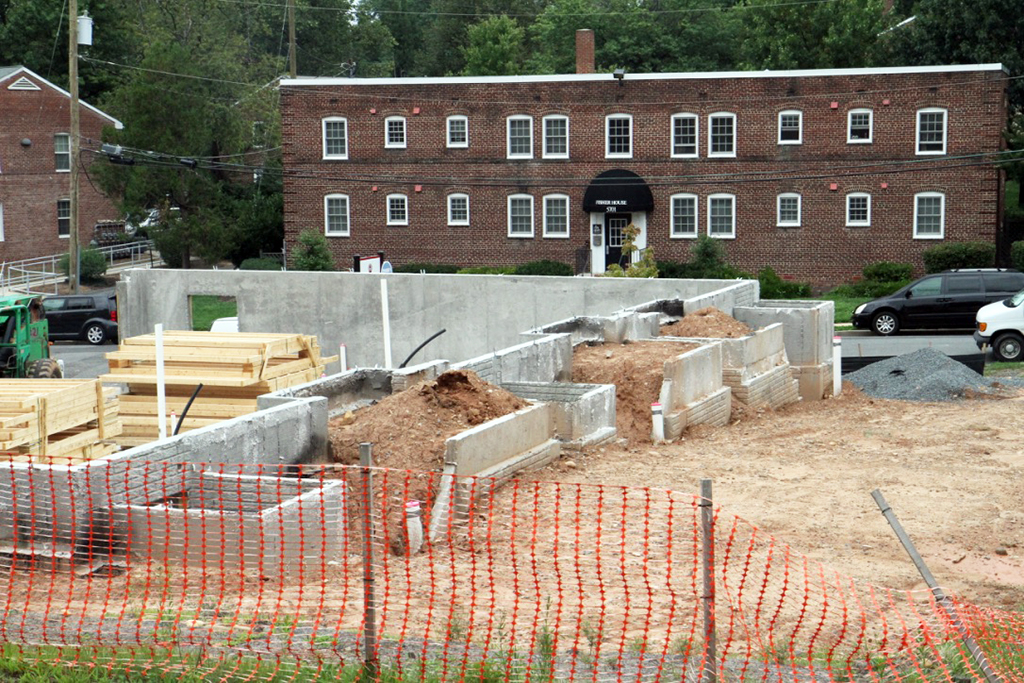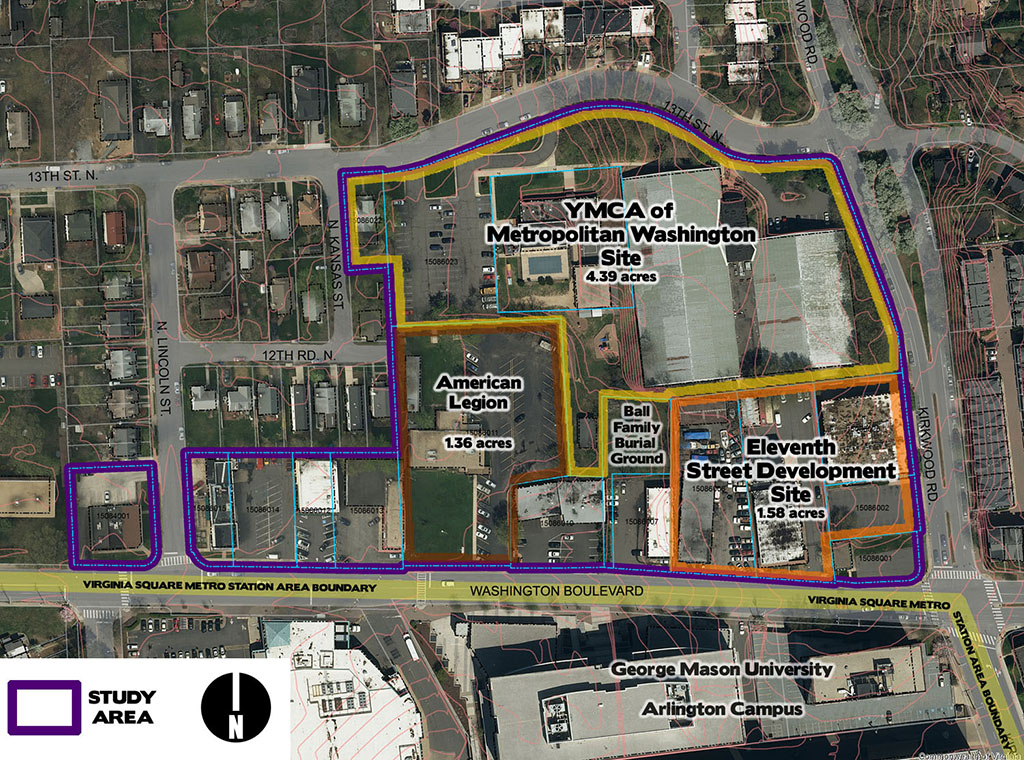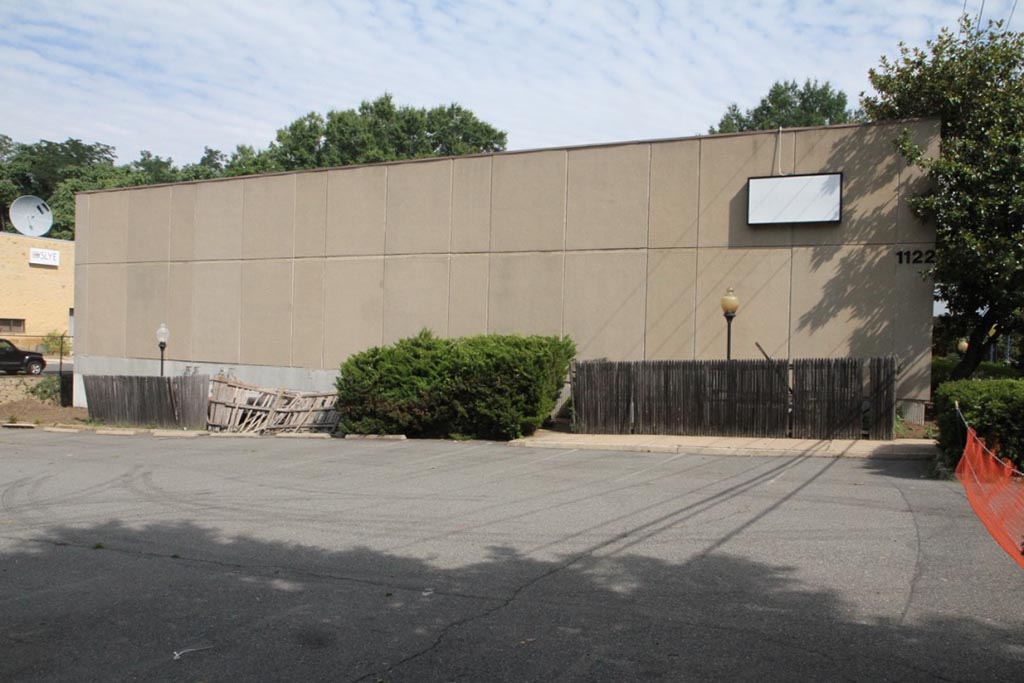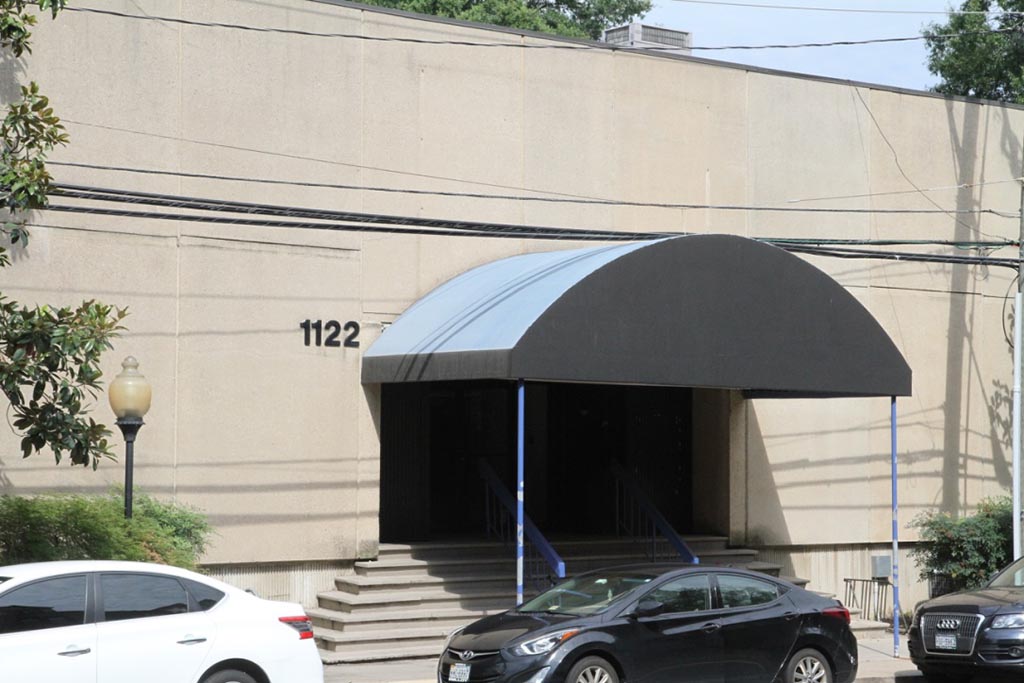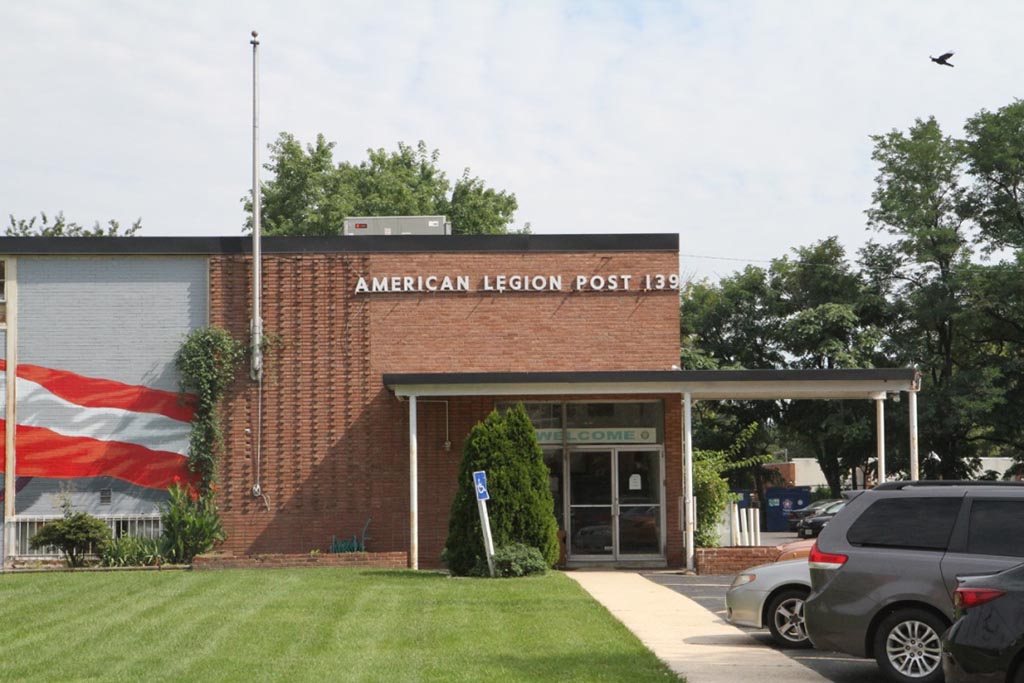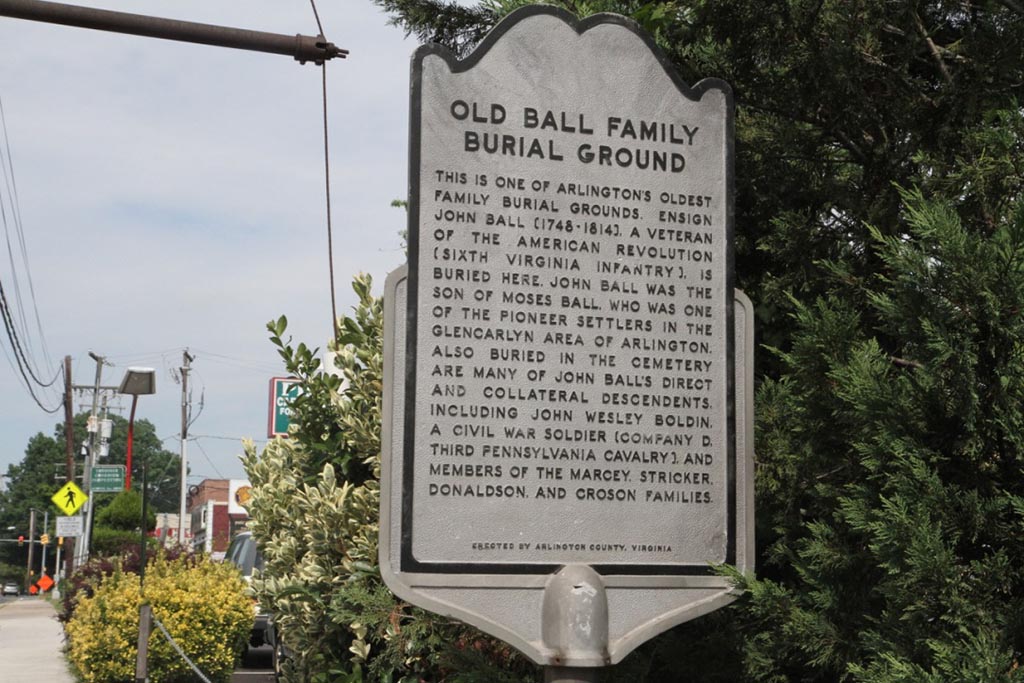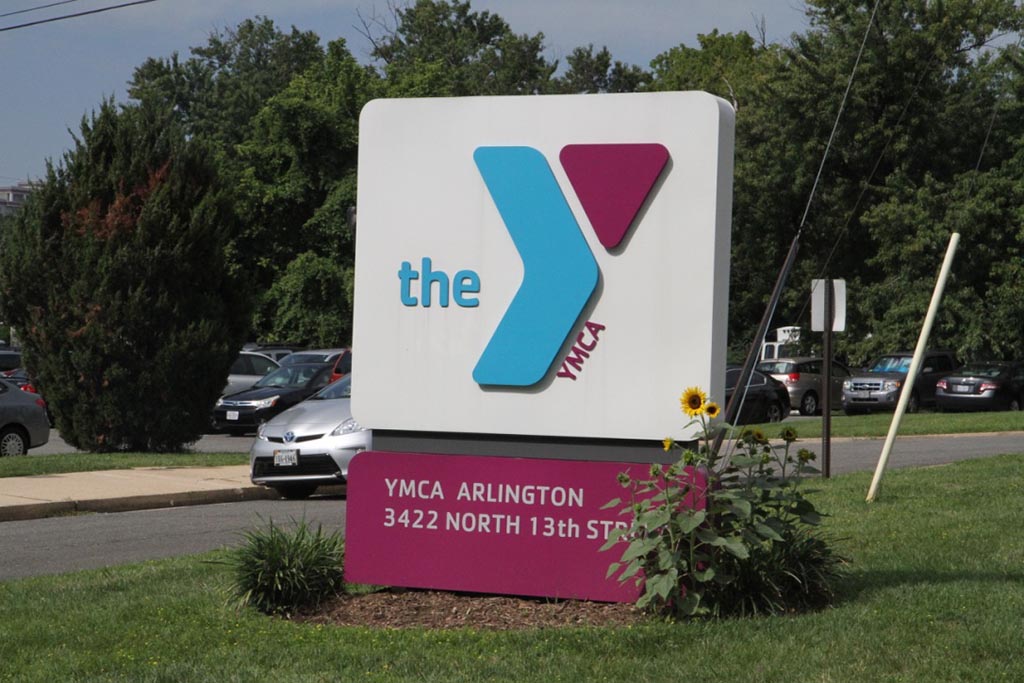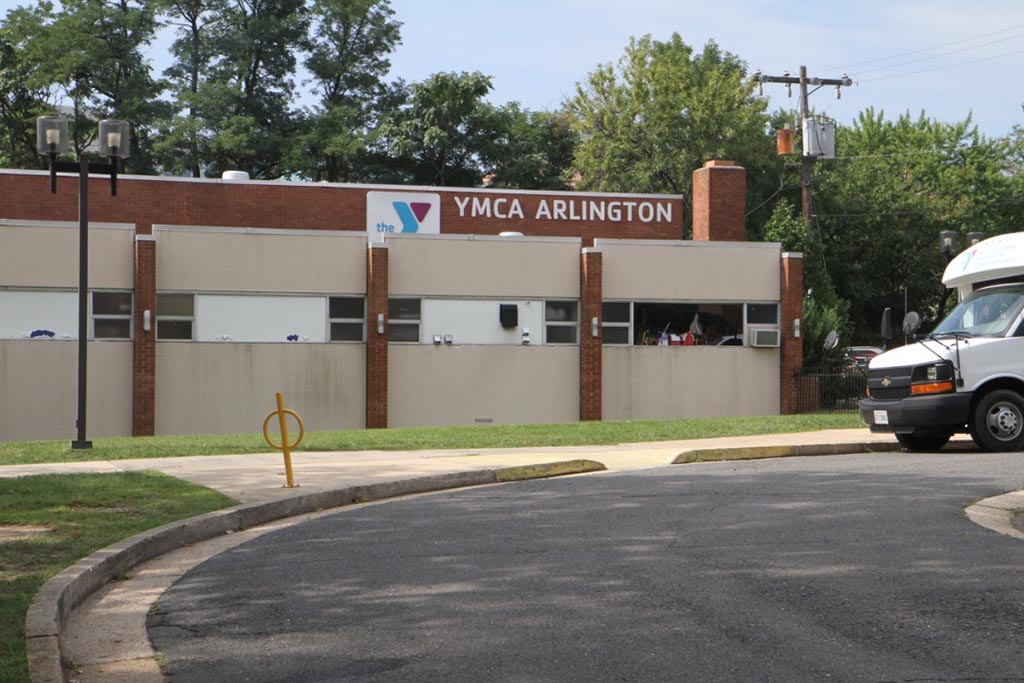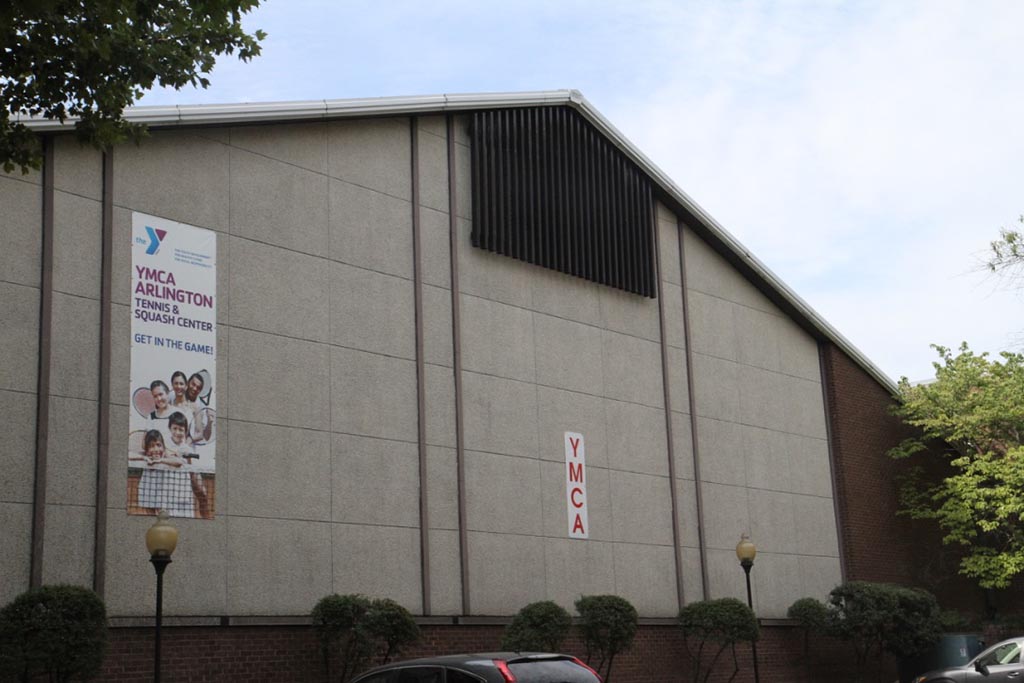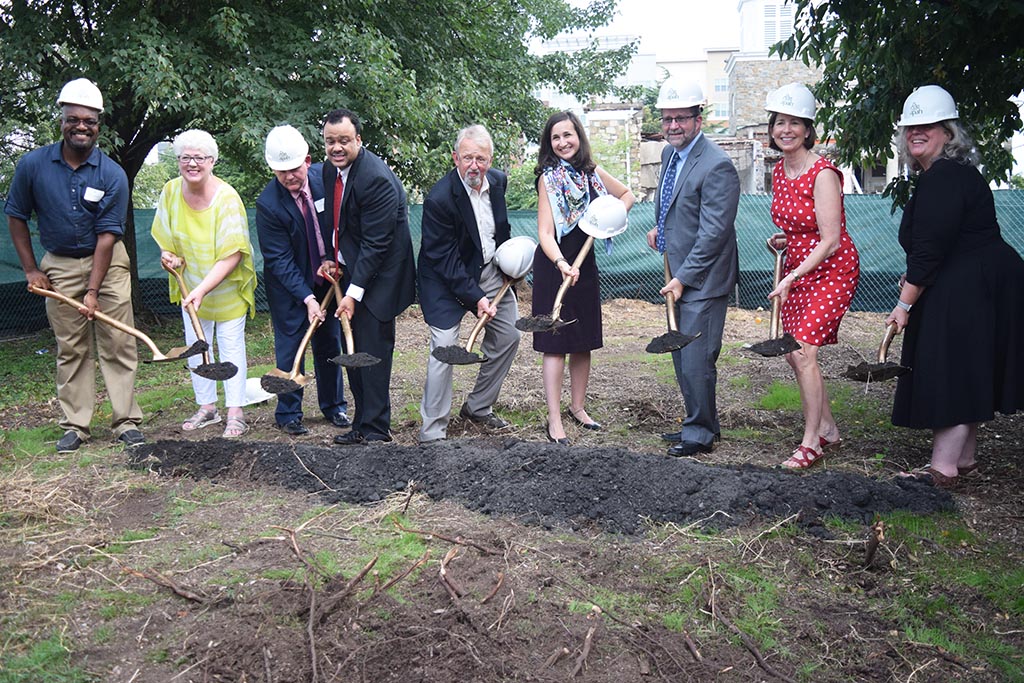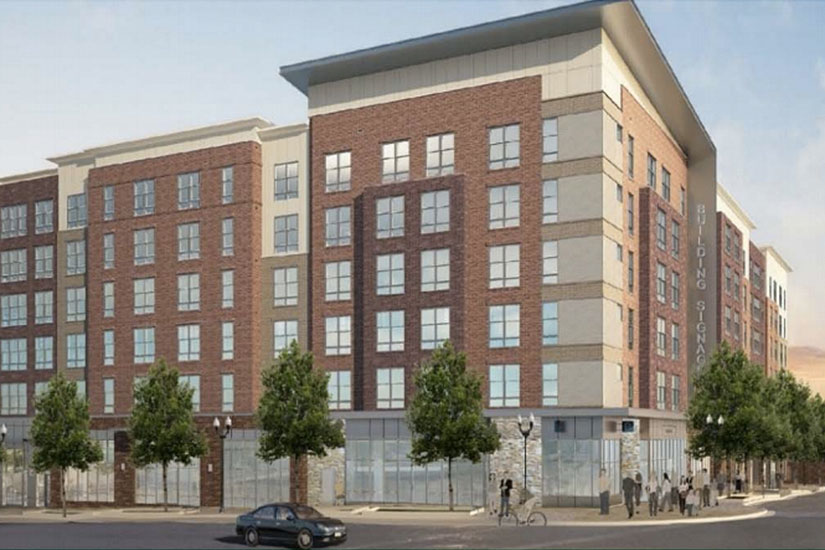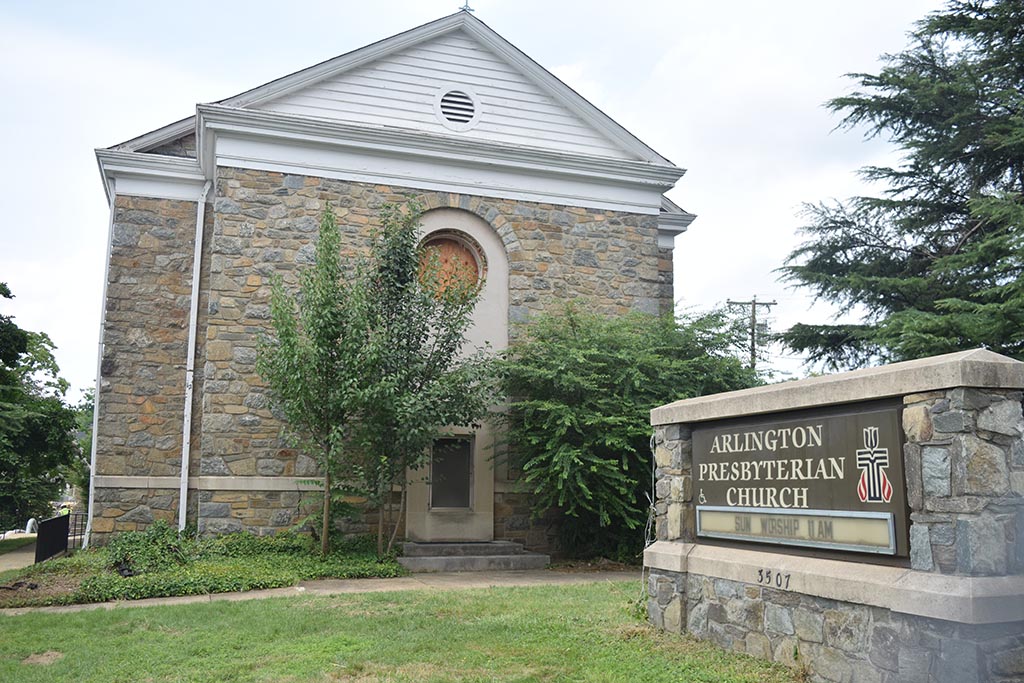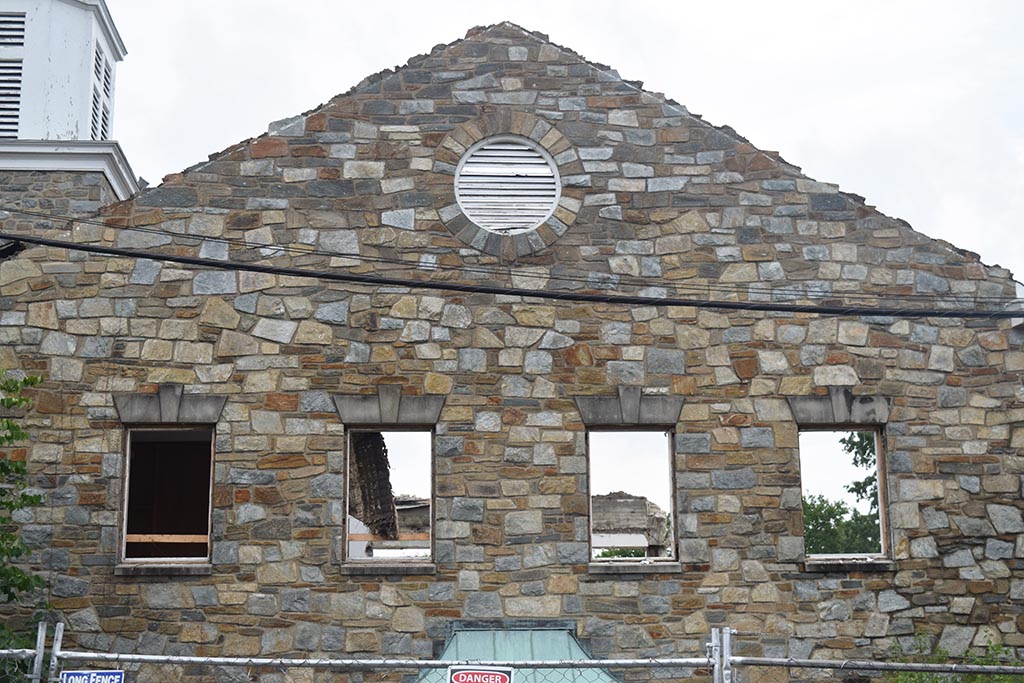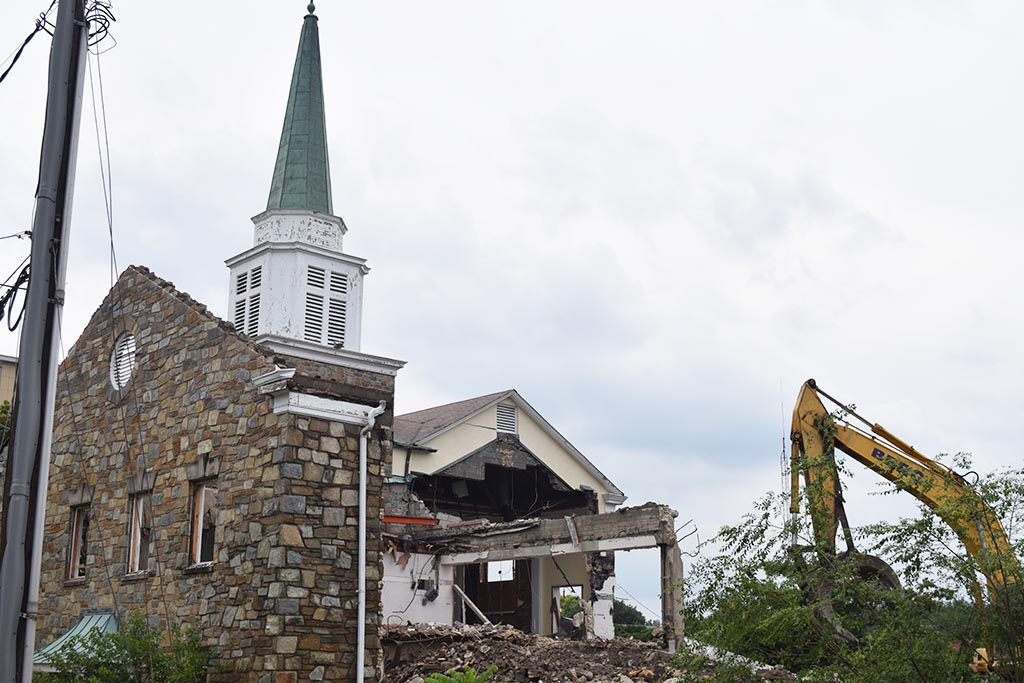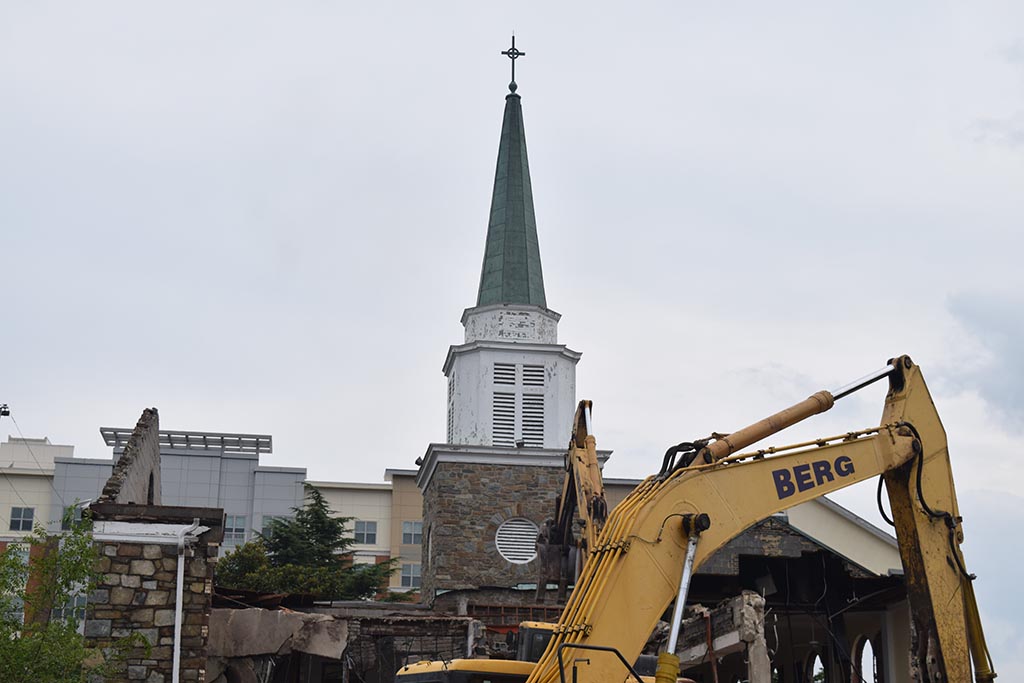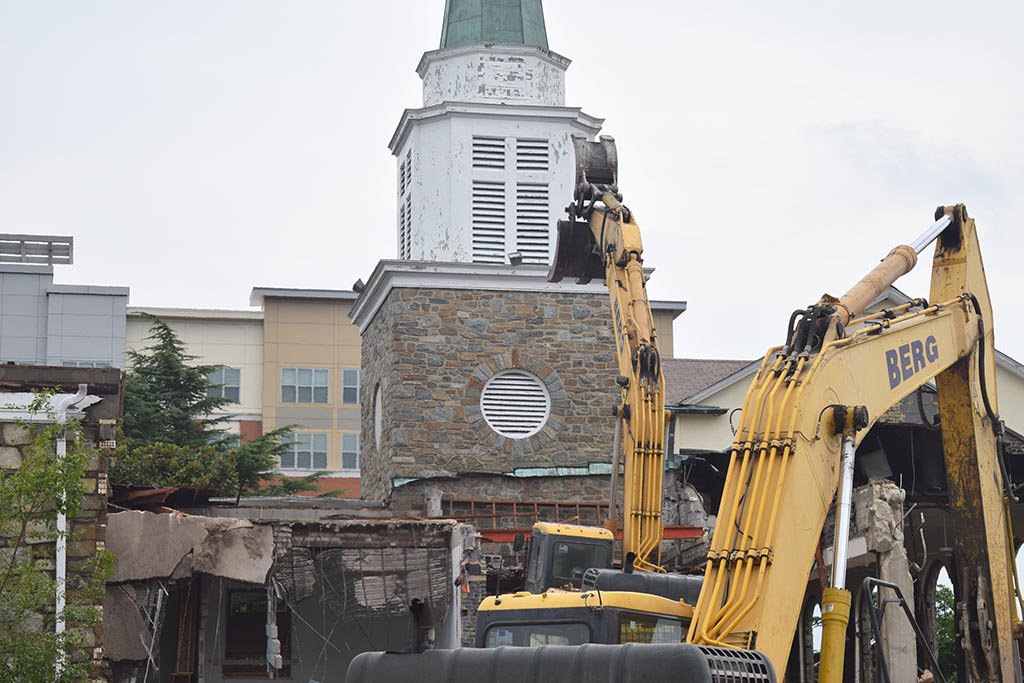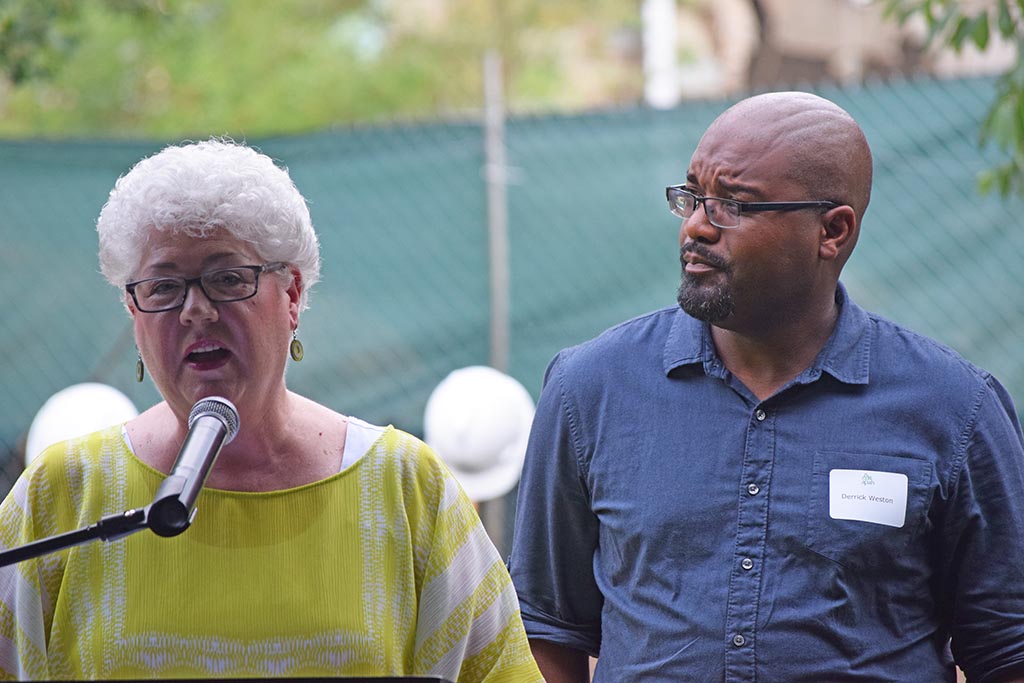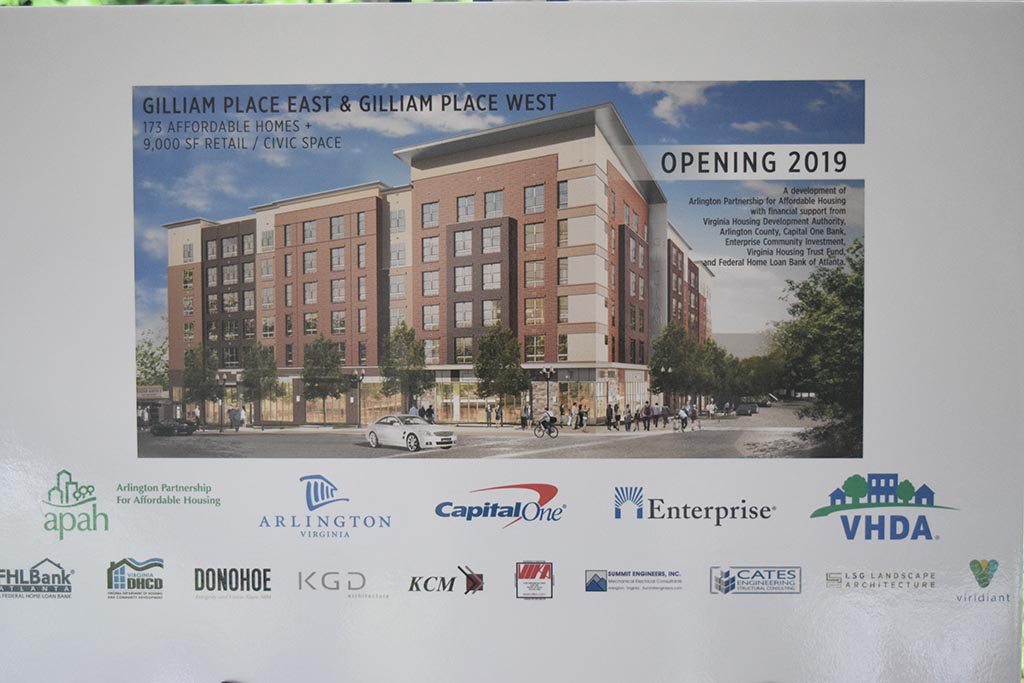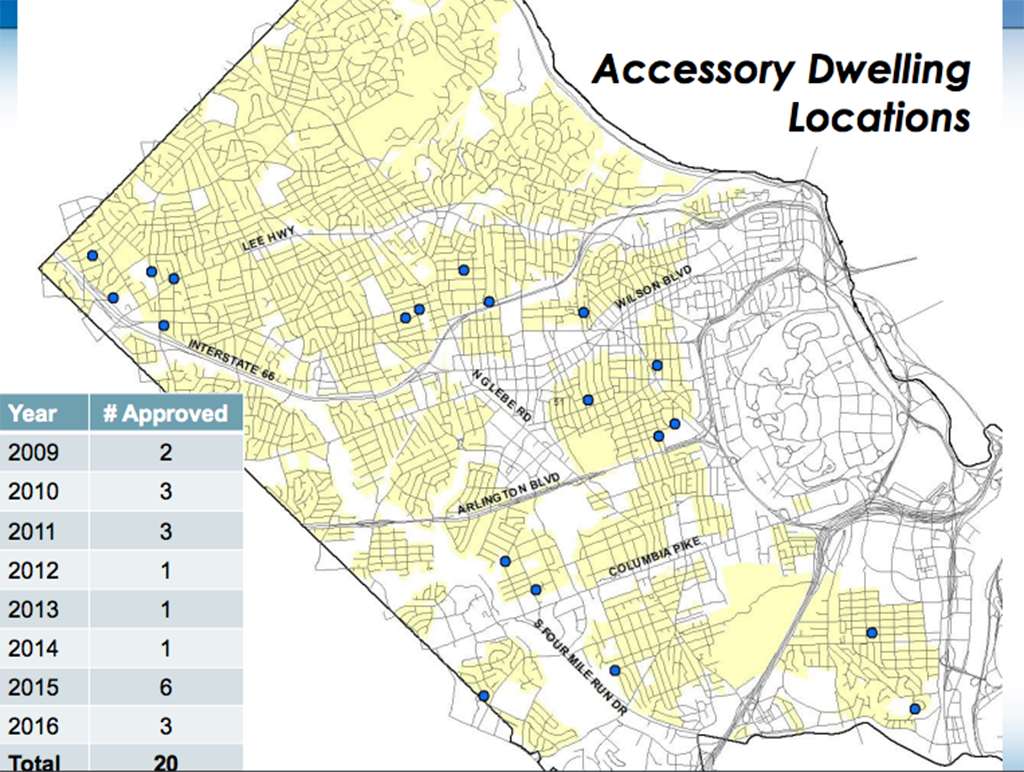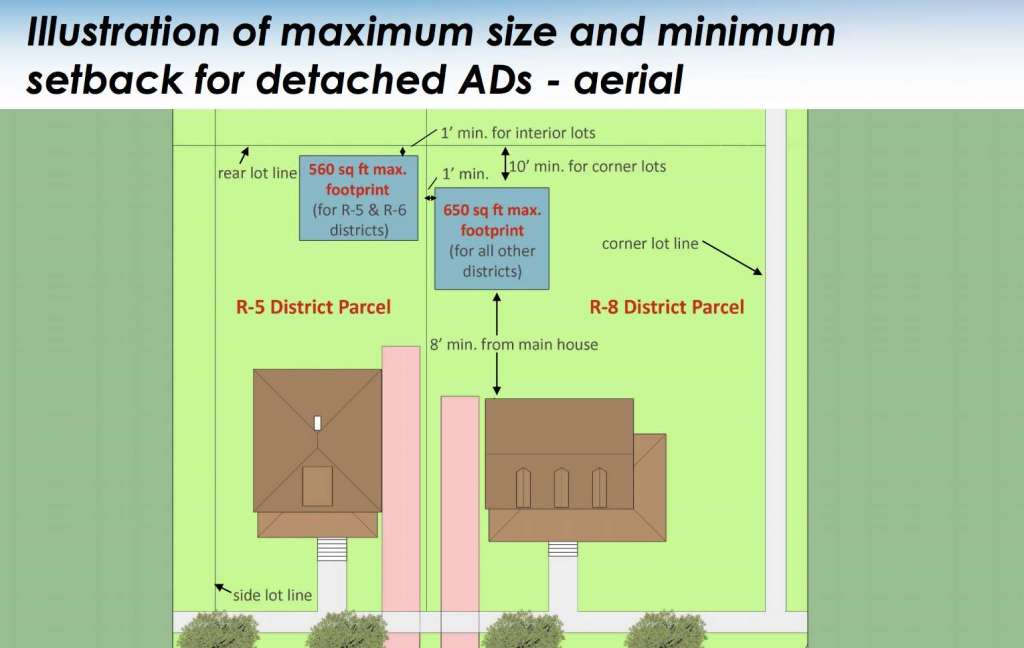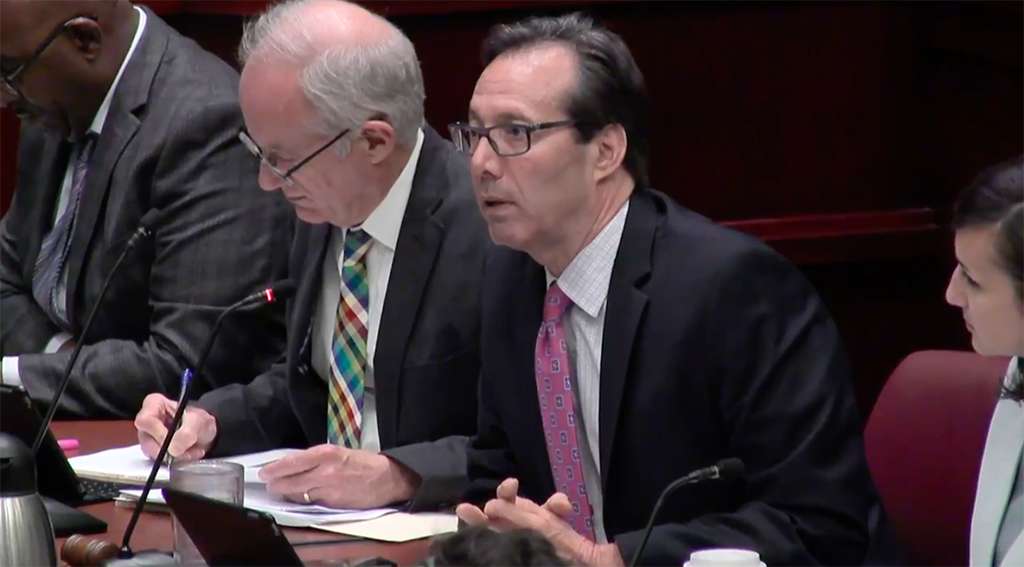A plan to make it easier for homeowners to add an “accessory dwelling unit” to their property could be set for an Arlington County Board vote as early as next month.
The proposal has been under discussion since earlier this year as the county looks to encourage more ADUs, also known as “granny flats” or “mother-in-law suites.”
Only about 20 ADUs — defined as a second place to live on a property, with a kitchen, a bathroom and a separate entrance — have been approved in Arlington since the ordinance first came into effect in 2009. Local advocates have previously said that relaxing regulations could help ease the county’s lack of affordable housing.
“While accessory dwellings will not alone solve the housing affordability issue, as the Plan notes, it is another tool to provide a typically lower-priced housing alternative,” staff wrote in a report on the proposal.
Staff said they are proposing the following revisions to the ordinance on ADUs, “in order to increase opportunities for residents to add accessory dwellings, while maintaining the residential neighborhood character.”
- Allow for ADUs in detached buildings (like a garage)
- Increase ADUs’ maximum occupancy from two to three
- Increase the maximum square footage from 750 square feet to 1,000 square feet for a basement ADU
- Remove the minimum lot width requirement and area requirements
- Remove the requirement that a resident must live in a home for one year prior to applying for an ADU
- Remove the annual limit of 28 new ADUs in the county
Staff recommended that the following requirements remain largely unchanged:
- Owner occupancy requirement
- Parking requirements
- Compliance requirements
- Design requirements, although some revisions are proposed to allow for additional flexibility
On Saturday, the Board will decide whether advance the plan for public hearings at the Planning Commission on November 6 and a hearing and vote at its November 18 monthly meeting.


